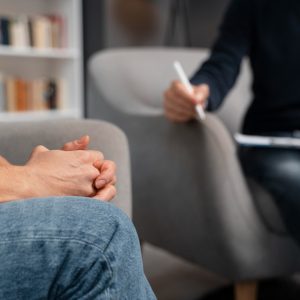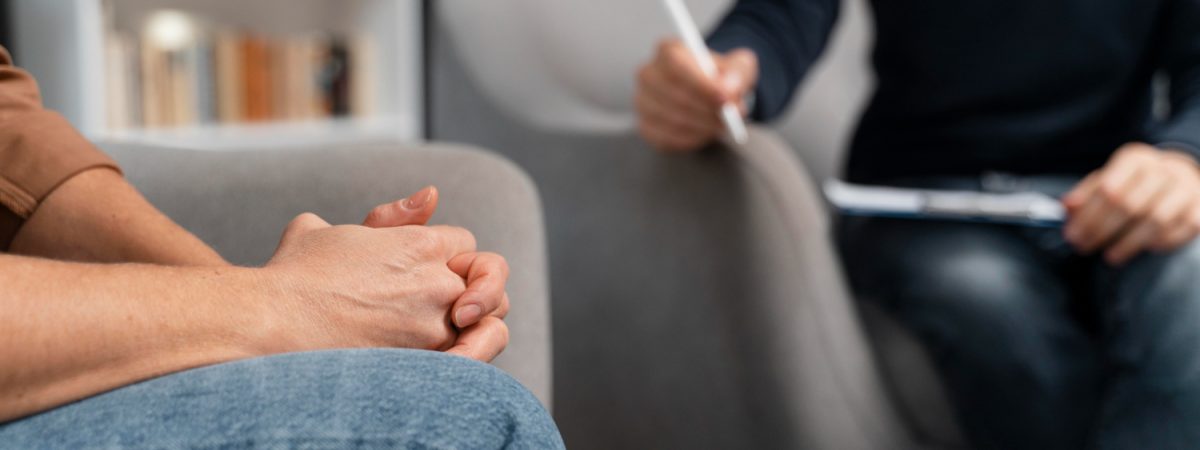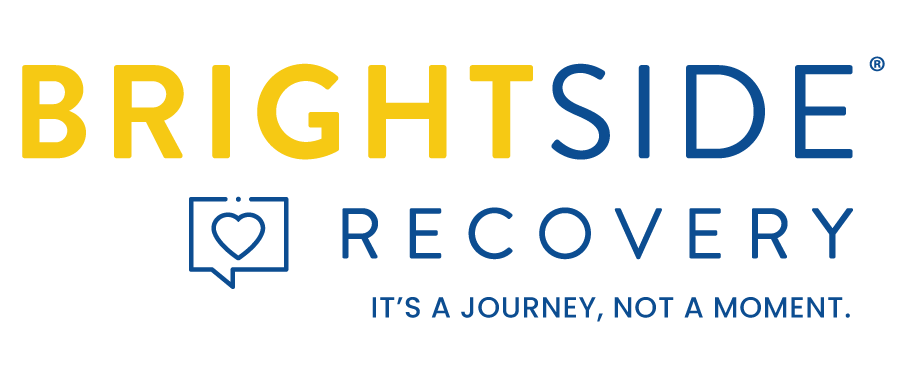
Dual Diagnosis

Dual diagnosis conditions, also known as co-occurring disorders, are closely connected. Although research has yet to show one diagnosis or illness “causes” the other, the symptoms of each are linked. Often, substance abuse or addiction struggles can lead to maladaptive coping mechanisms and symptoms of new or worsening mental health conditions. Those who struggle with an undiagnosed or even a diagnosed mental health disorder often abuse alcohol or drugs to reduce the intensity of the symptoms they experience. Unfortunately, self-medicating in this way causes side effects, including new or worsening mental health symptoms.
Introduction to Addiction Therapies
Addiction is a struggle unique to the individual. No two people will experience the symptoms and challenges of drug or alcohol addiction in the same way. For this reason, addiction treatment programs need to be designed around the specific needs and goals of the person looking to overcome addiction. Depending on the program, various types of therapies are available, including individual, group, and family therapies. At a Chicago dual diagnosis treatment center like Brightside, we offer each of these therapy options as part of a comprehensive, evidence-based treatment program. Our experienced professionals will work with you to create a treatment plan that is best for your recovery.
What Therapies We Offer
Our Chicago-based treatment center is the leader in outpatient treatment. Our staff prides itself on designing and creating successful, custom-tailored outpatient and one-on-one therapy models for various addiction and mental health concerns. Our programs are designed to help you create your own path to recovery. We want our patients to feel empowered to seek and find healing in a safe and supported space.
Brightside Recovery is a comprehensive addiction treatment program where you can expect to find several treatment options to help you achieve sobriety and lasting recovery.
Deciding to seek treatment is difficult. For many, the decision is further complicated by the difficulties of leaving behind family and employment obligations while you get well. For this reason, our programs are outpatient only. Our intensive outpatient and outpatient programs make it possible for you to seek potentially life-saving treatment while remaining immersed in your day-to-day obligations. We schedule our group sessions in the evenings and individual therapy sessions around your scheduling needs.
Many programs offer medication-assisted treatment, but Brightside is the only program with a fully functioning long-term MAT program. Through our sister company Brightside Clinic, our patients have the option of choosing alcohol and opioid recovery programs that include medically assisted detox. The decision is yours; we do not require MAT as part of our programs but offer it as an option for our patients.
Individual or one-to-one therapy is a vital component in addiction and dual-diagnoses treatment. Your individually designed treatment program will include regularly scheduled individual therapy sessions. During therapy, your therapist will use various time-tested treatment models including cognitive behavioral therapy and dialectical behavior therapy, to help you understand the roots of your addiction and learn healthy, safer coping mechanisms for mental health symptoms and triggers.
Talking and working with others who share similar struggles helps provide comfort and a sense of peer support. You are not alone in your struggle, and as part of group therapy, you can feel comfortable sharing your fears, concerns, and worries with others who feel similar emotions. Our group therapy programs range from once-a-week sessions to more intensive outpatient programs and partial hospitalization programs.
Family is a vital component of recovery. It may be difficult to help your family members understand what you are experiencing and how addiction has affected your physical, psychological, and spiritual health. Our team of treatment professionals can meet with you and your loved ones to help explain the treatment and recovery process.
Our support does not end at the completion of your treatment program. Our aftercare and alumni support programs ensure you have support and guidance throughout all stages of your recovery process.
What to Expect From Our Dual Diagnosis Treatment Centers
According to the Substance Abuse and Mental Health Services Association (SAMHSA) data, over 8.5 million adults (or approximately 4%) over the age of eighteen struggled with a dual diagnosis in 2017. Most dual diagnosis treatment programs consist of several parts, including detox services, treatment services, and aftercare planning. Depending on your unique treatment needs, the first step for many seeking dual diagnosis treatment in Chicago is detox.
During detox, the team here at Brightside will provide support and guidance as you wean off drugs or alcohol. Our optional medication-assisted treatment program is available to help reduce the intensity and severity of withdrawal symptoms. Although it is possible to overcome an addiction to some substances without comprehensive addiction treatment, there are situations where self-detox or “cold turkey” detox can be dangerous and potentially life-threatening. Due to the often unpredictable nature of detox and withdrawal, it is best to complete detox in a safe and supported setting. Depending on the length and severity of your addiction, detox may take up to a week.
After you have cleansed your system of the toxic effects of substances, you can safely transition into an individually designed treatment plan created specifically to address your treatment needs and goals. A dual diagnosis treatment program will include therapies to address your substance use and your mental health needs. Throughout treatment, you will have the opportunity to participate in various therapies, including group, individual, and family therapy sessions.
Finally, as your substance abuse treatment in Chicago, IL comes to an end, your treatment staff will work with you to design a robust aftercare plan that includes ongoing therapy and support throughout the earliest (and often most challenging) days of recovery. We understand how vital ongoing peer and sober community support can be as you continue your sobriety journey. Maintaining a connection to peers from therapy sessions can provide an outlet when you experience a triggering situation or a person to talk to if you are concerned about relapse.

